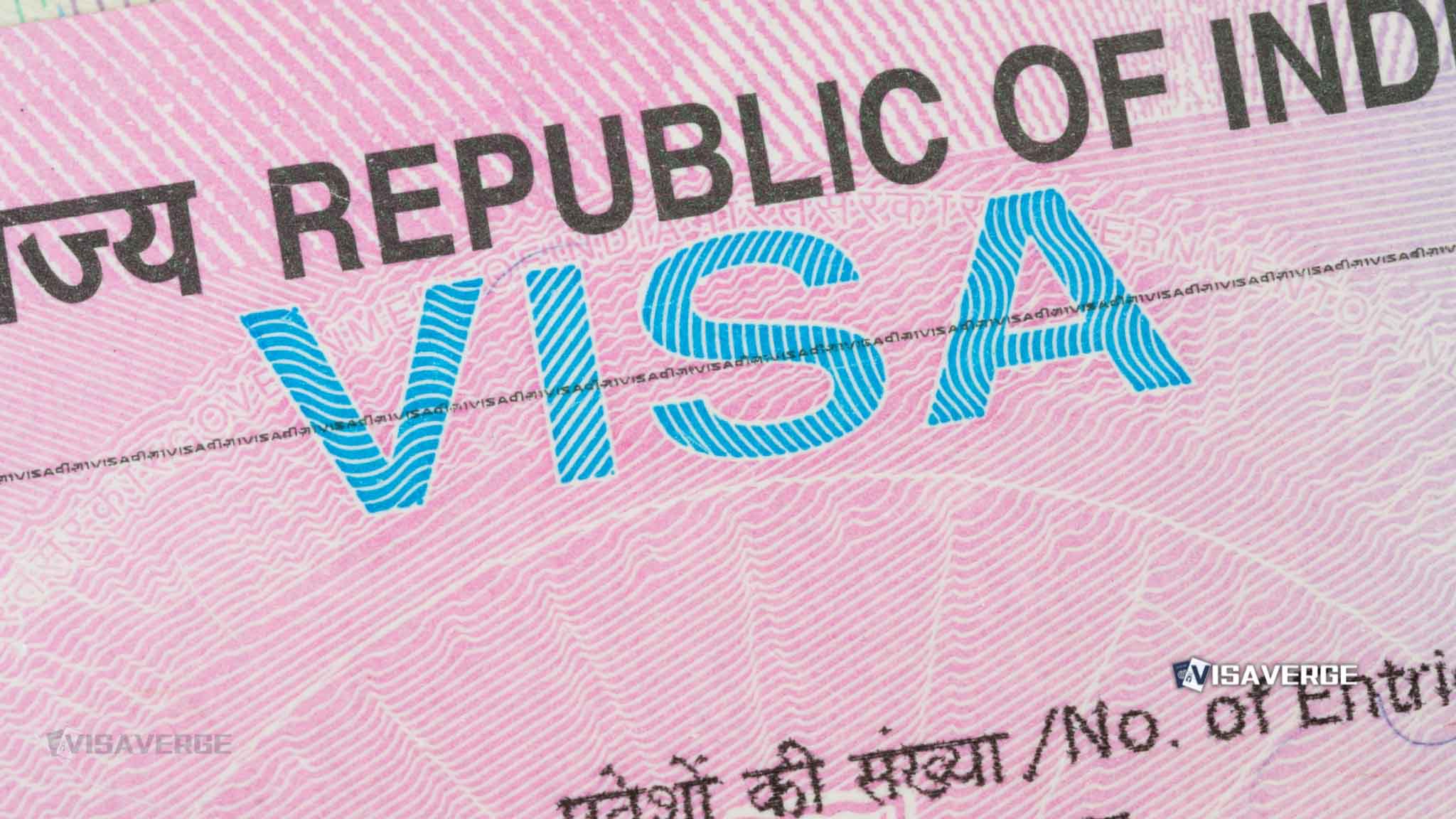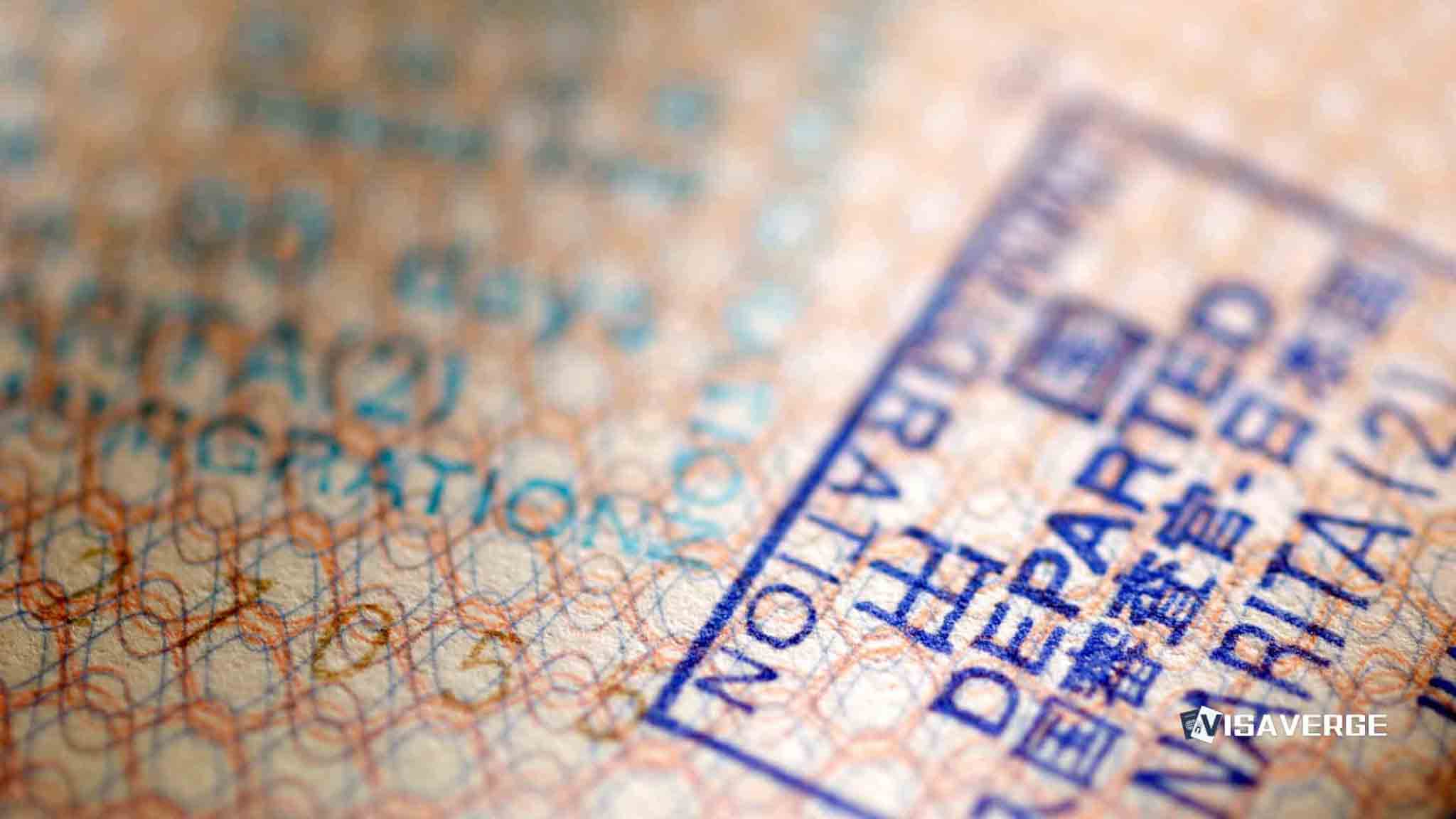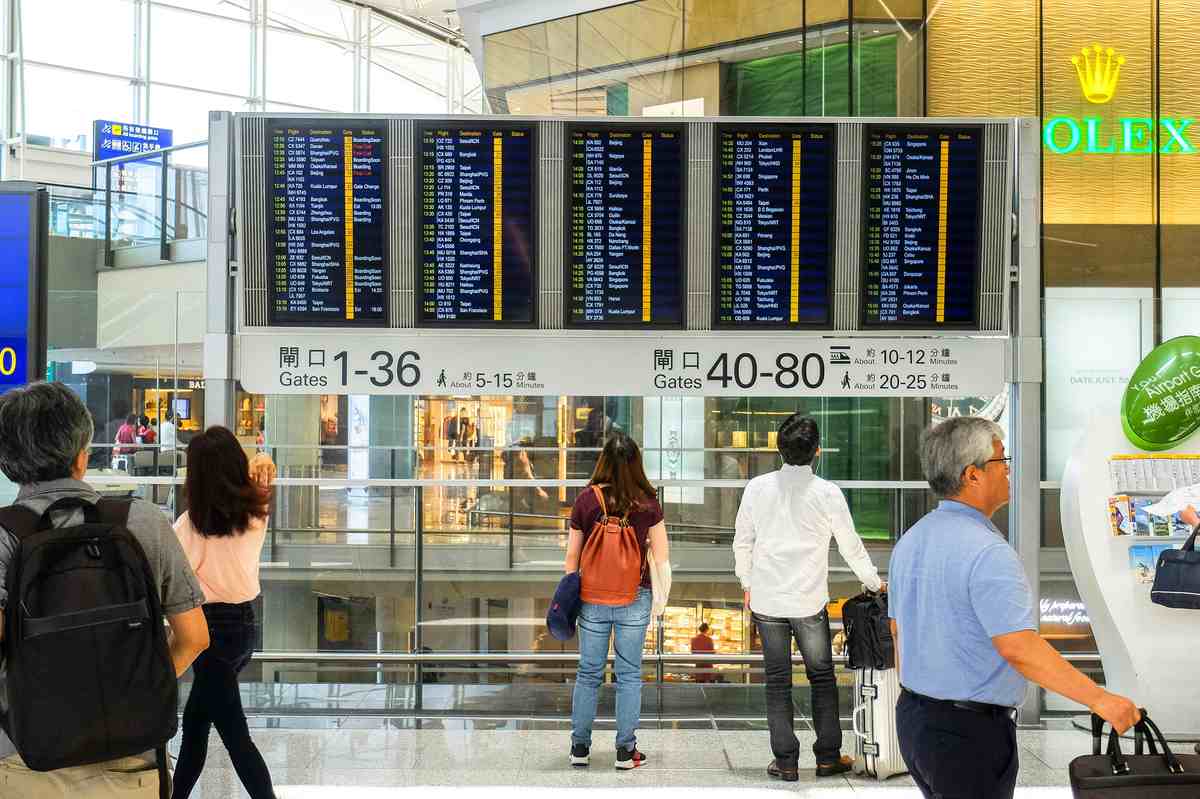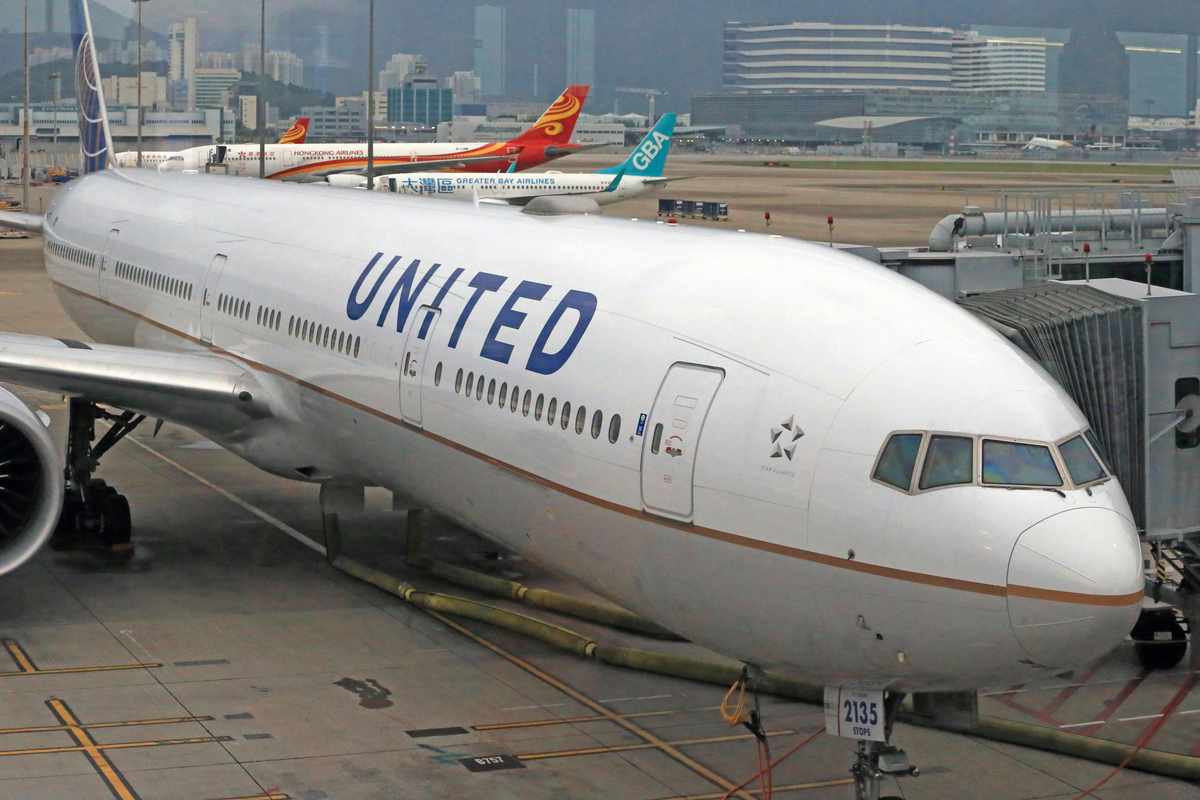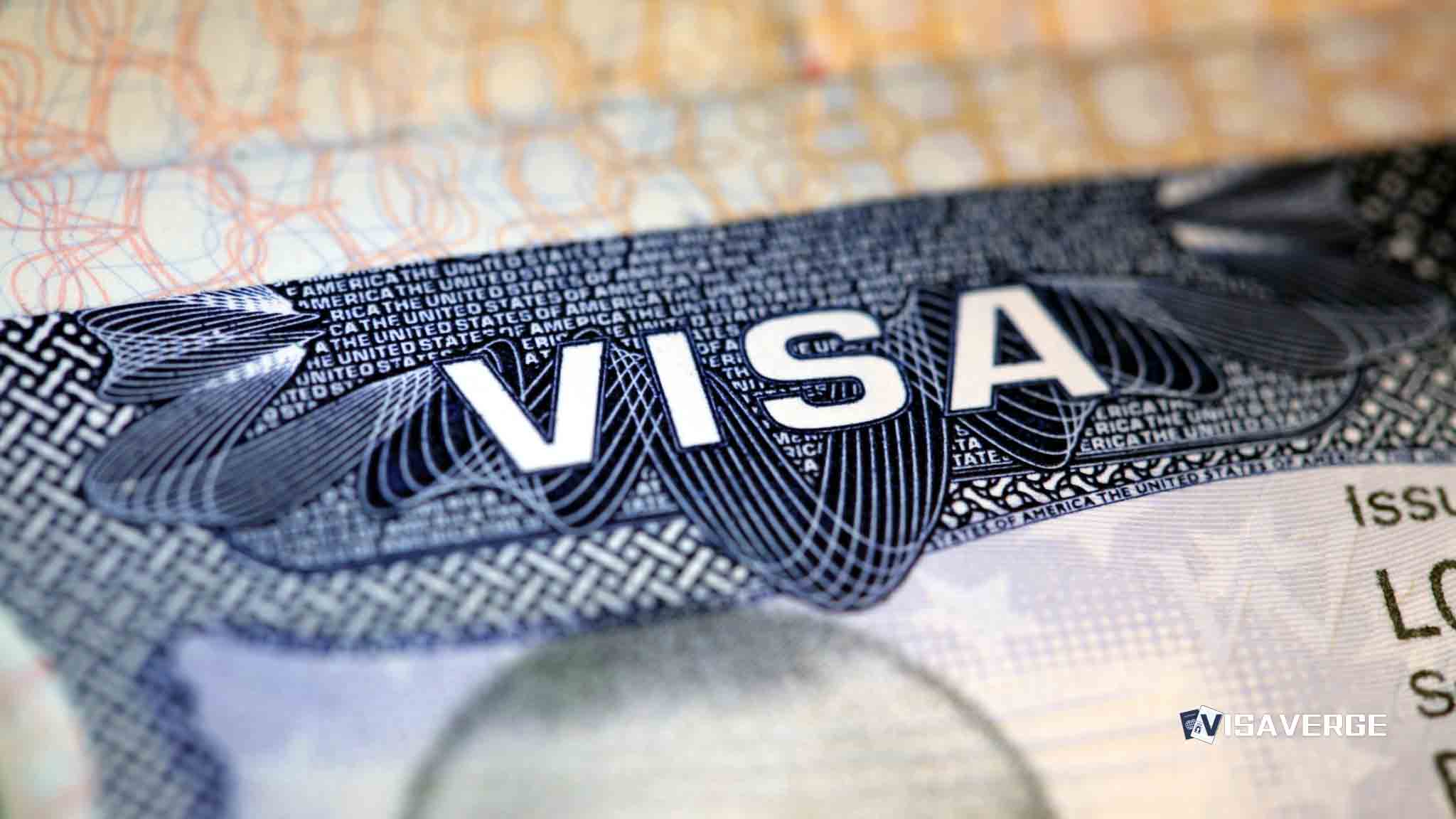Key Takeaways
• Starting January 1, 2026, a 1% excise tax applies on cash remittance transfers under the One Big Beautiful Bill Act.
• H-1B families who send cash abroad will pay extra taxes but electronic transfers remain exempt for now.
• The tax aims to generate $10 billion federal revenue and may increase paperwork and costs for remitters.
A new federal tax is set to change how many families in the United States 🇺🇸 send money to loved ones abroad. The One Big Beautiful Bill Act (OBBB), passed in July 2025, introduces a 1% remittance excise tax on certain cash transfers sent out of the country. This tax, which takes effect on January 1, 2026, will impact both U.S. citizens and non-citizens—including thousands of H‑1B families who regularly send money home. Here’s what you need to know about the new law, how it could affect H‑1B visa holders, and what steps families can take to prepare.
What Is the Remittance Excise Tax?

The remittance excise tax is a new federal tax that applies to cash remittance transfers sent from the United States 🇺🇸 to other countries. Under the OBBB, anyone—citizen or non-citizen—who sends cash abroad will pay an extra 1% on top of the amount they send. For example, if you send $1,000 in cash to your family overseas, you’ll now pay an additional $10 in tax.
This tax does not currently apply to electronic transfers, such as wire transfers or payments made through online platforms. However, the exact rules and definitions will be clarified by the Treasury Department and IRS later in 2025.
Who Will Be Affected?
The new tax will affect a wide range of people, but it’s especially important for H‑1B families—those living and working in the United States 🇺🇸 on H‑1B visas—who often send money home to support relatives.
- U.S. citizens sending cash remittances abroad
- Non-U.S. citizens, including H‑1B visa holders and their families
- Anyone using cash-based remittance services, such as money transfer offices or cash pickup locations
The tax is expected to generate about $10 billion in federal revenue, according to estimates reported by Politico.
Key Details of the One Big Beautiful Bill Act
- Tax Rate: 1% on cash remittance transfers sent abroad
- Effective Date: Applies to transfers made after December 31, 2025 (starting January 1, 2026)
- Scope: Only cash transfers are taxed; electronic transfers are currently exempt
- Who Pays: Both U.S. citizens and non-citizens, including H‑1B families
- Revenue Goal: About $10 billion in new federal revenue
The bill passed the Senate on July 1, 2025, with a narrow 51-50 vote, and the House on July 3, 2025, along party lines. While the OBBB includes other tax changes, the remittance excise tax is one of its most talked-about features.
How Will This Affect H‑1B Families?
Increased Cost of Sending Money Home
For many H‑1B families, sending money to support relatives in their home countries is a regular part of life. The new remittance excise tax will make this more expensive. For example:
- Sending $500 in cash: You’ll pay an extra $5 in tax
- Sending $1,000 in cash: You’ll pay an extra $10 in tax
- Sending $2,000 in cash: You’ll pay an extra $20 in tax
Over a year, these extra costs can add up, especially for families who send money every month.
Cash vs. Electronic Transfers
The tax only applies to cash transfers. If you use electronic methods—like bank wire transfers or online payment platforms—you may not have to pay the tax. However, the exact rules are still being developed, and it’s important to watch for updates from the Treasury Department and IRS.
Some families may consider switching to electronic transfers to avoid the tax, but this isn’t always possible. In some countries, relatives may not have access to bank accounts or online payment systems, making cash transfers the only option.
Compliance and Paperwork
Financial institutions and money transfer services will be responsible for collecting the tax and verifying the sender’s citizenship status. This could mean:
- More paperwork when sending cash abroad
- Longer processing times as institutions check documents
- Possible delays if you can’t immediately prove your status
If you’re an H‑1B visa holder and can’t prove your status right away, you may have to pay the tax up front and then claim a refund when you file your annual tax return. This adds another layer of complexity for families already dealing with immigration paperwork.
Potential Refunds
If you pay the tax by mistake—perhaps because you couldn’t prove your citizenship or visa status at the time—you may be able to claim a refund when you file your taxes. However, this process could be slow and confusing, especially for those unfamiliar with U.S. tax rules.
Broader Economic Impact
Experts warn that even a small tax like this can have big effects. Many countries, such as El Salvador, Guatemala, and Honduras, rely heavily on remittances from families in the United States 🇺🇸. If fewer people send money home, these countries could face economic problems, which might even increase migration pressures.
Why Was the Tax Introduced?
The remittance excise tax is part of a larger effort to raise federal revenue and reform the tax system. Early versions of the bill proposed much higher rates—up to 5%—but these were reduced after strong opposition from immigrant groups and financial institutions.
Some policymakers argue that the tax will discourage illegal immigration by making it more expensive to send money home. However, experts caution that the real-world effects are complex and could even backfire by making economic conditions worse in countries that depend on remittances.
What Are the Main Concerns?
Administrative Burden
Financial institutions will need to:
- Identify which transfers are remittances
- Verify the citizenship or visa status of senders
- Collect and remit the tax to the IRS
This could mean more paperwork and longer wait times for everyone, not just H‑1B families.
Unintended Consequences
- Reduced remittance flows: Families may send less money home, hurting relatives who depend on this support
- Increased use of informal channels: Some may turn to unofficial ways of sending money to avoid the tax, which can be risky and less secure
- Economic impact abroad: Countries that rely on remittances may face financial problems, which could lead to more people trying to migrate to the United States 🇺🇸
Complexity for Taxpayers
H‑1B families may face new challenges:
- Understanding when the tax applies
- Keeping records of transfers and tax payments
- Claiming refunds if the tax was paid by mistake
What Do Experts Say?
Lora Ries from the Heritage Foundation suggests that the tax could discourage illegal immigration by reducing remittances. However, she also warns that it might make things worse in countries that rely on this money, possibly leading to more migration.
Tax experts and legal analysts point out that the new rules will create extra work for financial institutions and taxpayers. They highlight the difficulty of correctly identifying remittance transfers and verifying citizenship status, which could lead to mistakes and delays.
What Happens Next?
Upcoming Regulations
The Treasury Department and IRS will issue detailed rules later in 2025. These will explain:
- What counts as a “cash remittance transfer”
- How financial institutions should collect the tax
- What documents are needed to prove citizenship or visa status
- How to claim a refund if you paid the tax by mistake
It’s important for H‑1B families and others who send money abroad to stay informed as these rules are released.
Financial Institutions Prepare
Banks and money transfer services will need to update their systems to:
- Identify taxable transfers
- Collect the correct amount of tax
- Provide information and support to customers
Some may offer new services or guidance to help customers understand the changes.
Advocacy and Legal Challenges
Immigrant advocacy groups are watching the rollout closely. They may challenge the tax if it unfairly affects immigrant families or creates barriers to sending money home.
What Should H‑1B Families Do Now?
1. Review Your Remittance Habits
- Check how you send money home: If you use cash-based services, consider whether electronic transfers are an option for your family.
- Talk to your relatives: Make sure they can receive money through electronic means if you plan to switch.
2. Keep Good Records
- Save receipts for all remittance transfers
- Track any taxes paid in case you need to claim a refund
3. Watch for Updates
- Follow news from the Treasury Department and IRS for the latest rules
- Ask your bank or money transfer service about how they plan to handle the new tax
4. Seek Professional Advice
If you’re unsure how the new tax will affect you, consider speaking with a tax professional or immigration lawyer. They can help you understand your options and make sure you comply with the law.
For official updates and the full legislative text, you can visit the U.S. Congress H.R.1 (119th Congress) page.
Background: How Did We Get Here?
The idea of taxing remittances has been debated for years. Early drafts of the OBBB suggested much higher rates—up to 5%—but these were lowered after strong pushback from immigrant groups and financial companies. The final 1% rate is seen as a compromise, but it still represents a new cost for families who send money abroad.
The tax is part of a broader package of changes, including permanent extensions of some tax cuts and new rules for foreign-controlled U.S. shareholders. While the remittance excise tax is just one part of the bill, it has drawn special attention because of its impact on immigrant communities.
Real-Life Example: An H‑1B Family’s Monthly Remittance
Consider an H‑1B family living in the United States 🇺🇸. Each month, they send $1,000 in cash to support their parents in India 🇮🇳. Starting January 2026, they’ll pay an extra $10 each time they send money. Over a year, that’s $120 in new taxes—money that could have gone to help their family.
If they switch to an electronic transfer, they might avoid the tax, but only if their relatives in India 🇮🇳 can receive money this way. If not, they’ll need to budget for the extra cost or look for other solutions.
What Are the Broader Implications?
For Immigrants
- Higher costs for sending money home
- More paperwork and possible delays
- Need to learn new rules and keep better records
For Financial Institutions
- New systems and training to collect the tax and verify status
- Possible increase in customer questions and complaints
- Risk of mistakes and penalties if rules aren’t followed
For Countries Receiving Remittances
- Possible drop in remittance flows
- Economic challenges for families who depend on this money
- Potential increase in migration if economic conditions worsen
As reported by VisaVerge.com, the new remittance excise tax is likely to have ripple effects not just in the United States 🇺🇸, but also in countries around the world that rely on money sent home by immigrants.
Looking Ahead: What Should You Watch For?
- Final rules from the Treasury Department and IRS: These will clarify exactly how the tax works and what you need to do.
- Changes in remittance services: Some companies may change their fees or offer new options to help customers avoid the tax.
- Advocacy and legal challenges: If the tax is seen as unfair or too hard to follow, there may be efforts to change or repeal it.
Conclusion: Preparing for the Remittance Excise Tax
The new remittance excise tax under the One Big Beautiful Bill Act is set to change how H‑1B families and others send money abroad. Starting January 1, 2026, cash transfers will cost 1% more, adding up over time for families who send money regularly. While electronic transfers may offer a way to avoid the tax, not all families can use these options.
It’s important for H‑1B families to review their remittance habits, keep good records, and stay informed as new rules are released. By planning ahead and seeking advice when needed, families can manage the changes and continue supporting loved ones back home.
For more information and updates, check the U.S. Congress official page for H.R.1 and consult with trusted financial or legal professionals as needed.
Learn Today
Remittance Excise Tax → A 1% federal tax on cash transfers sent internationally from the United States.
H-1B Visa → A U.S. temporary work visa for skilled foreign professionals and their families.
One Big Beautiful Bill Act → 2025 federal legislation introducing various tax reforms including the remittance excise tax.
Cash Remittance Transfer → Money sent physically in cash from the U.S. to another country, subject to the new tax.
IRS → The Internal Revenue Service, U.S. government agency responsible for tax collection and enforcement.
This Article in a Nutshell
A new federal 1% tax on cash remittances starts January 2026, affecting H-1B families who send money abroad. Electronic transfers currently exempt. The law may increase costs and paperwork, prompting families to consider alternative methods and stay updated on evolving regulations from the Treasury and IRS.
— By VisaVerge.com


